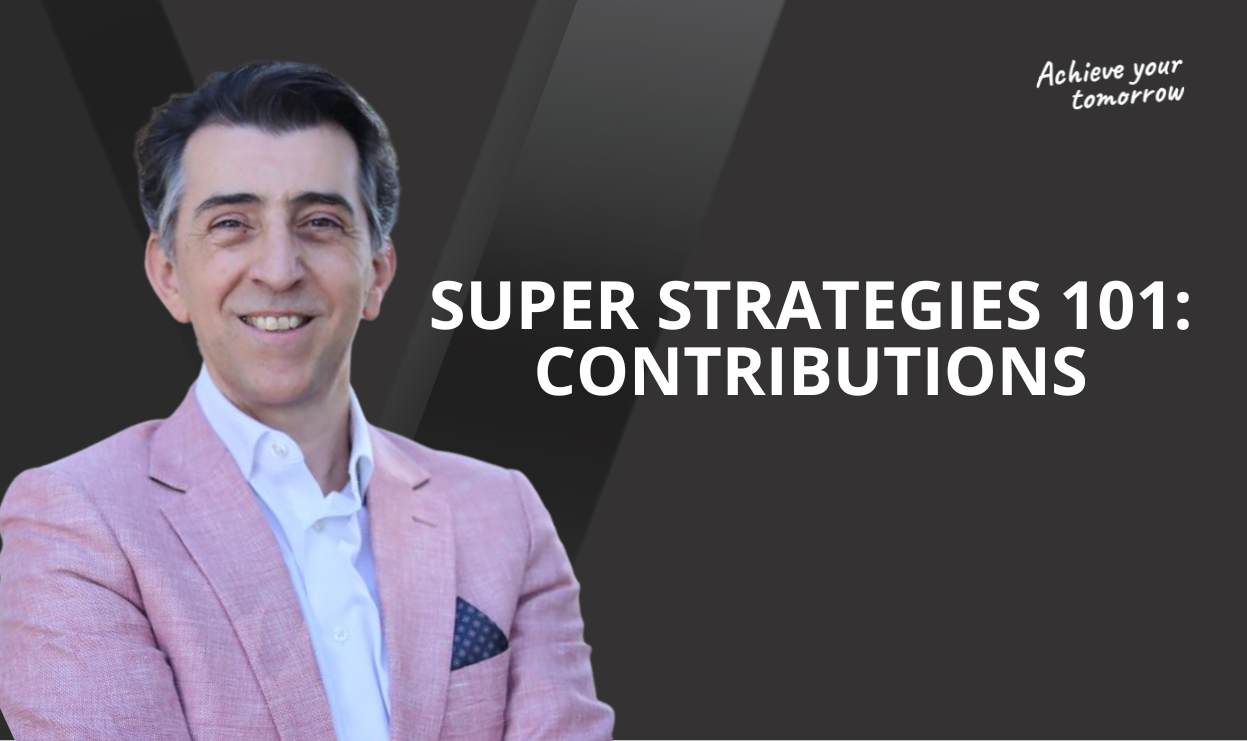

The dream of homeownership can turn into a financial nightmare for many who overextend themselves. Overshooting housing requirements often leads to burdensome mortgages, limiting financial flexibility and causing stress.

"Ah, the dream of owning your own slice of paradise – a cozy abode to call home. It's a beautiful notion until it morphs into a financial rollercoaster, leaving many drowning in a sea of debt and regret.
The allure of homeownership is undeniable, especially when the dream of having a place to call your own takes centre stage. However, the harsh truth is that many individuals are purchasing homes for far more than their financial comfort zone allows. In the quest for property, they unwittingly sacrifice other avenues of wealth creation, setting the stage for a life shackled by the burdens of an oversized mortgage.
One of the common traps is the transition from being "rent trapped" to becoming "mortgage trapped." It's a subtle shift that occurs when the excitement of escaping rental payments blinds individuals to the long-term financial implications of their home purchase. In their eagerness to escape the perceived futility of renting, they willingly step into a mortgage that stretches their finances thin, limiting their ability to invest, take holidays, and pursue other opportunities for wealth creation.
While some might argue that these decisions are born out of necessity, such as a single nurse in Melbourne stretching to enter the property market, the overwhelming majority find themselves in homes well beyond their needs. This tendency to overshoot housing requirements creates a domino effect, forcing individuals to work longer hours, take fewer holidays, and limit their capacity to invest – a recipe for financial stress and burnout.
Let me share a story of a "former client" who possessed a substantial $300,000 savings nest egg. With average incomes hovering under $80,000 per annum, this couple was adamant about building their dream house, priced at a staggering $1.1 million, in an area where such an amount could secure a mansion. Despite my financial wisdom urging diversification and caution, the dream home won.
Starting with a manageable 2% loan seemed like a breeze, but when interest rates shot up to 6.5%, that dreamy mortgage became a financial nightmare. Not only did their investment portfolio suffer, but they also pulled out their money just six months in, blaming a "flat" market.
Unsurprisingly, this couple not only jeopardized their financial future by overextending themselves in the property market but also cancelled all personal insurance cover once our professional relationship concluded.
I do wonder if they are "happy" or not with their decisions - it is likely to be a scenario where they discover the costs of their bad decisions 10 to 20 years down the track.
The conundrum faced by financial planners, and indeed all service professionals, is a perennial one. Do you give people what they want or what they need? As my first mentor said, "Despite what people say, most people don't want advice; they want assurance their idea is right, no matter how horrendous that idea is." It's a hard truth that echoes through all walks of life, making it tough to guide people away from bad decisions (not limited to financial ones).
In conclusion, the tale of buying a first home turned impending disaster serves as a stark reminder of the importance of buying within your means. Your first home is not going to be a forever home. It should NEVER be at the expense of all other goals. By striking a balance between dreams and financial reality, individuals can ensure that their home is not just a dwelling but a foundation for a secure and prosperous future.

When most of us think about building wealth, our minds jump straight to shares, property or superannuation. But there’s a crucial piece of the puzzle that often gets overlooked: insurance.

Superannuation is a key part of retirement planning for Australians, and understanding the different types of contributions can help you make the most of your super.

The past week delivered a tale of two markets. On one side, a reassuring U.S. inflation print and a surprisingly strong labour market report suggested the American economy remains on solid footing.
Stay in the know with the latest updates, insights, and exclusive content delivered straight to your inbox.